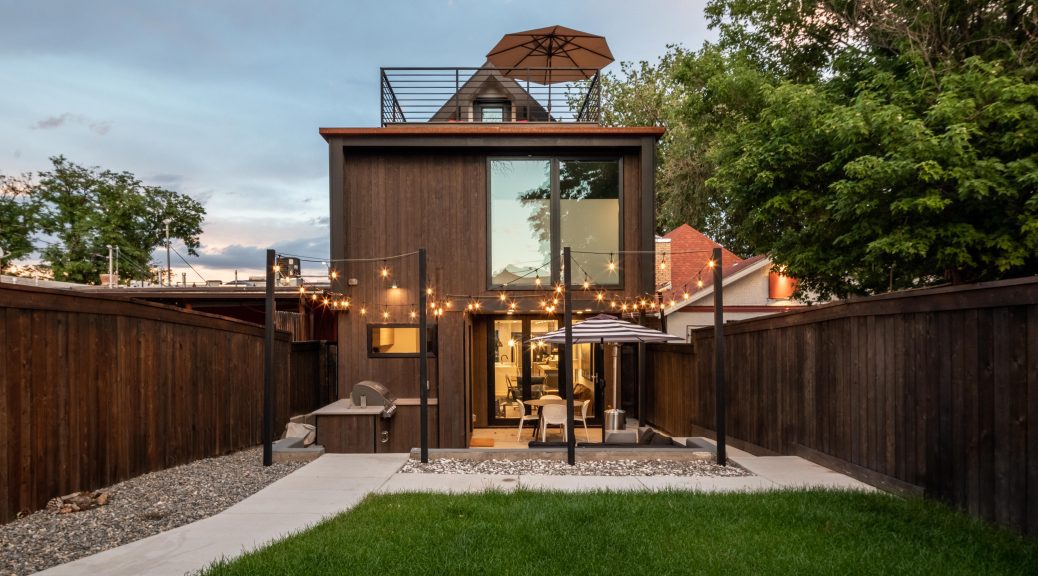
July 2022 Market Update
It is important to differentiate between a recession and a slow down in the real estate market. While inventory is up 21.5% from June and 81% from July 2021. Active listings are still 21% lower than in 2019. Interestingly enough the increase in inventory is actually not coming from more new listings than usual, but actually from fewer buyers in the market. There were 18% less new listings last month than in July and 11.5% less new listings than this month last year. Current homeowners have incredible interest rates locked in making the idea of moving a hard sell.
Shift in the Market
With less buyers and sellers in the market last month we saw a close to list price slip to 101% from 103% in June 2022. The average close price has dropped 2.5%. It is important to put these numbers in context. The median home price is still up 15.4% from last year. Historically Denver averages have been closer to 6%. This shift in the market is actually a welcome reprieve from the unsustainable nature of the market in the last 18 months. Using the current market conditions as indicators of a bubble bursting would disregard the historic highs of 2020 and 2021.
Recession
The National Bureau of Economic Research redefined a recession as “a significant decline in economic activity that is spread across the economy and that lasts more than a few months.” This takes into account job creation and consumer spending increases, which the US saw in the first two quarters of 2022. Even if home prices continue to decline at the current rate, only those who have very recently made a purchase will see a dip in home equity. Even still, of the 72% of Colorado homeowners that have a mortgage on their home, the majority have locked in a rate that is lower than today’s available rates. Therefore, we will see continued limited inventory and when rates come back down, that competition will push home values back up.
Rental Rates
According to Zumper, Aurora, CO rents for 1 bedroom units are up 13% year over year while Denver rents are up a whopping 20.5% year over year. With this data, while some potential buyers see purchasing a home as a risky investment, depending on the trend of rents, not buying might be the greater risk. This is especially true for buyers that don’t plan to move out of Colorado in the next 5 years. Many renters are feeling the aftershocks of the rental price stagnation in 2020, landlords are increasing their rates to make up for lost time and inflation.
Rates
In July, the same week that the Fed announced a .75 point interest rate increase, mortgage rates fell .17 points. Just because the Fed raises rates doesn’t mean mortgage rates will follow. Mortgage rates are not actually tied to federal interest rates. Lenders anticipated the rate hike and had already baked it into mortgage rates months prior. Mortgage lenders want to avoid large swings in rates, so their rates follow similar trends to long-term interest rates instead of the short-term interest rates that the Fed controls.
The market is controlled by many factors that make it impossible to know what is next. The inventory and decreased buyers in the market are something buyers longed for in the last months. Now that it is here, what will they do? Will they capitalize on a shift in a constantly changing market or wait until red-hot demand returns and rates lower? While the future can’t be predicted, your Generator advisor can be a great resource to make an informed decision. Let us know how we can help.

